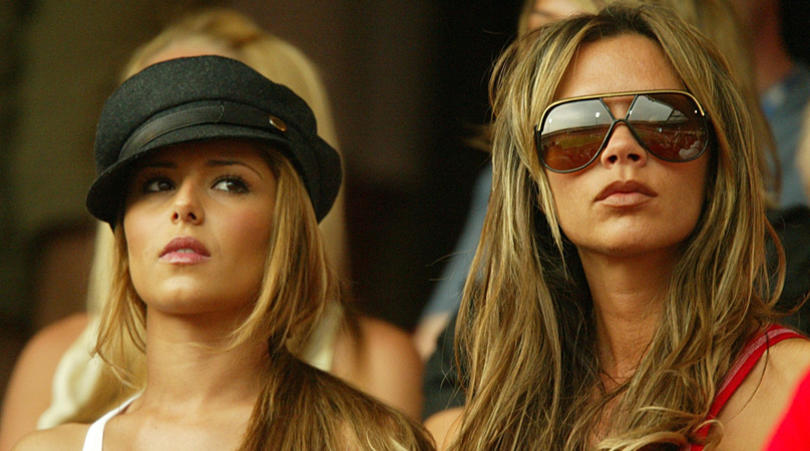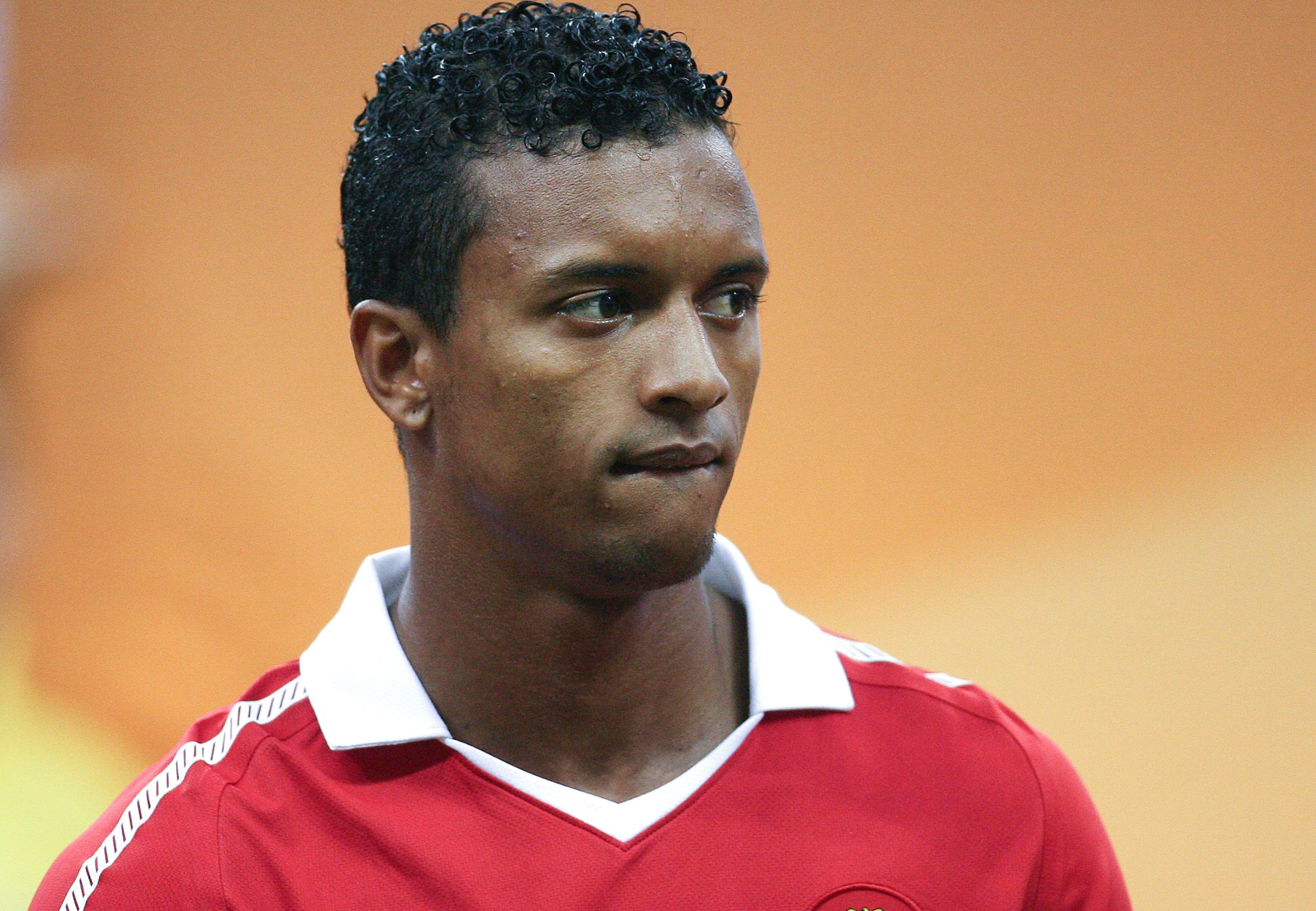England's base camp blues: a brief history of bad decisions, boredom... and wedding DVDs
As England jet off to Russia for their imminent Repino arrival, Richard Edwards regales the Three Lions' previous World Cup hideouts
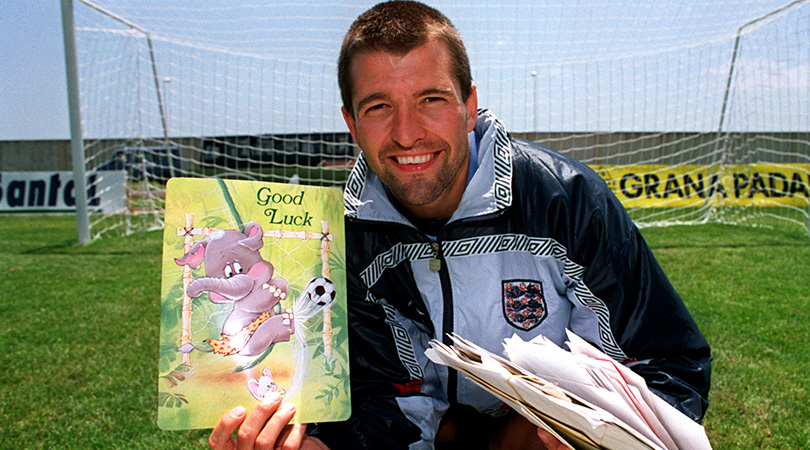
The best features, fun and footballing quizzes, straight to your inbox every week.
You are now subscribed
Your newsletter sign-up was successful
Want to add more newsletters?

Five times a week
FourFourTwo Daily
Fantastic football content straight to your inbox! From the latest transfer news, quizzes, videos, features and interviews with the biggest names in the game, plus lots more.

Once a week
...And it’s LIVE!
Sign up to our FREE live football newsletter, tracking all of the biggest games available to watch on the device of your choice. Never miss a kick-off!
Join the club
Get full access to premium articles, exclusive features and a growing list of member rewards.
Winning the World Cup is England's answer to scaling Everest – but given some of their previous base camps, it’s little wonder that the Three Lions have fallen short of the summit so regularly in the past.
In 2014, headlines were dominated by reports that 52 KILOS (THAT’S 52 KILOS, Daily Mail readers) of unsafe food were removed from England and Italy’s World Cup hotels. In reality, only 2.5kgs of that – or two-and-a-half large tubs of Utterly Butterly to you and I – were taken from England’s Royal Tulip base.
Not that it stopped the seizure being held up as an example of why Roy Hodgson’s men had made a mistake the size of a 750g box of Crunchy Nut Corn Flakes, by basing themselves in what TripAdvisor dismissively named as the 93rd best hotel in the city - a rating low enough to make you want to choke on a slice of mouldy Parma ham.
Same old story
But for England, concerns about their choice of hotel and training facilities for football's showpiece event are nothing new.
Cast your mind back to the 2010 World Cup in South Africa, for example, when the great and the good of English football based themselves at the Royal Bafokeng sports complex in Rustenburg.
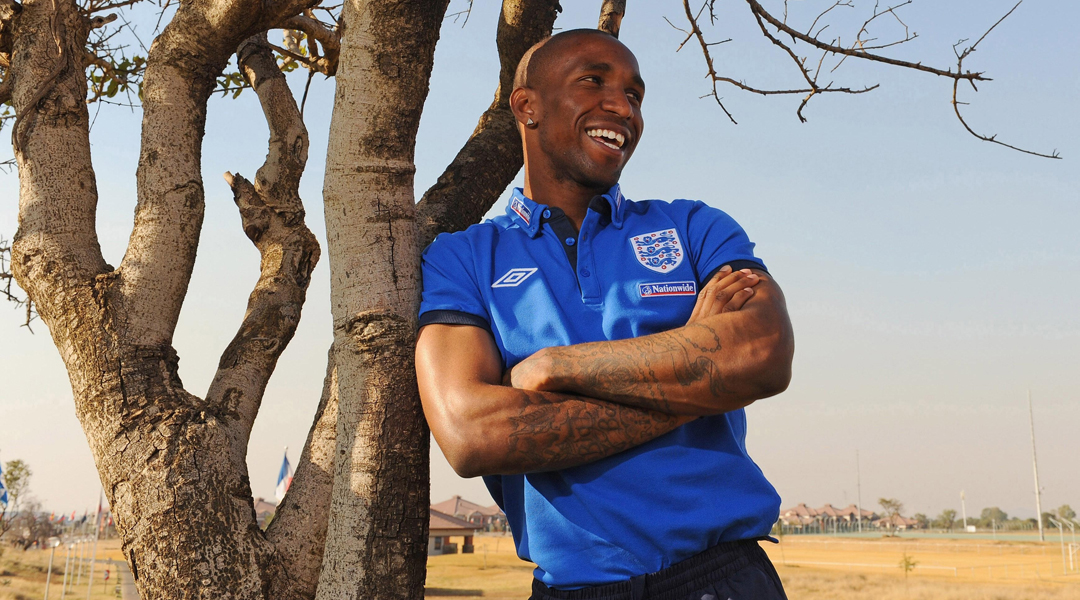
It was chosen by then-manager Fabio Capello because it kept his England side well away from distraction. Ultimately, though, it would prove the Italian’s undoing – in the complex, England didn’t so much develop a siege mentality as go slowly insane with boredom. It was so boring, in fact, that Jermain Defoe revealed in May that he'd watched Wayne Rooney's entire wedding on DVD to stave off the monotony.
The best features, fun and footballing quizzes, straight to your inbox every week.
The final insult came when some of Capello’s squad had their underpants half-inched by staff.
WAGs on tour
Capello and the FA’s desire to house England far from trouble, however, was understandable given the circus around the team's 2006 preparations in Baden Baden. Then, with the squad’s WAGs in tow, cameramen just didn’t know where to point their lenses.
Hilariously billeted in the same hotel as many of the journalists posted to Germany to cover their every move, their stay in the sleepy spa town was memorably summed up by The Guardian’s Marina Hyde.
“Generously, the England WAGs on this tour have refused to plunge the nation back home into an epistemological crisis by doing anything like going for brisk hikes in the Black Forest, visiting any notable local cultural landmarks or colonising the town's arthouse cinema,” she wrote. “Nor is it believed any book groups have been established, though you can bet your last euro that three of them will be reading M Scott Peck's teeth-grindingly vapid 'personal growth' tome, The Road Less Travelled.”
Rewind 16 years, and in 1990, it wasn’t the WAGs who were attracting the headlines; rather the army of English hooligans who were expected to turn large swathes of Italy into no-go areas for the best part of the summer.
The rampaging idiots who had soiled England's reputation on the global stage had, bizarrely, done the country an unexpected favour. Despite receiving a thorough spanking at Euro '88, England were named among the six seeds for Italia '90 - primarily, some suspicious souls (or Spain to give them their formal title) reckoned because Bobby Robson’s boys would be tucked away from the rest of the football world, isolated on the island of Sardinia. One FIFA suit even tried to stop any other team from staying on the same island the night before their matches with England.
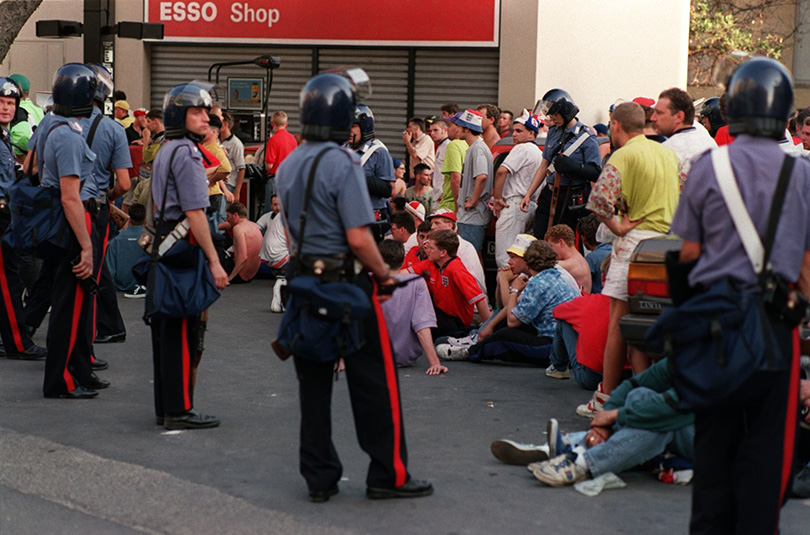
“It would be to everyone’s advantage if the Irish, the Dutch and the Egyptians stayed in Palermo and flew in for their games. For security reasons, it is not possible for the Irish to stay in a hotel three kilometres from England’s residence, and all of the other hotels are unsuitable,” said Paolo Casarin, a member of FIFA’s security committee.
Spain argued – with some justification – that had they known how the seedings worked, they would have ordered their fans to cause mayhem wherever they went in qualifying.
Oops
It was mayhem of a different kind that awaited England in Guadalajara in 1970. On a tour to Mexico the previous summer, Sir Alf Ramsey and the FA had identified the city’s Hilton Hotel as the perfect place to stay.
“What no one had been percipient enough to realise was that it would be flooded with supporters, and within easy reach of the malevolent,” wrote Brian Glanville in The History of the World Cup. “Day by day, as the rows of half-naked bodies formed around the swimming pool, the England players in their blue tracksuits looked like wistful trusties out on parole, denied the benefits of sun and still water.”
On the eve of their group clash with Brazil, the central location provided the perfect opportunity for motorcyclists and Mexican musicians – some trained, most not – to gather outside and cause a kerfuffle. “From quite early in the evening, the advance guard of the besieging army began to arrive; on foot, in cars, on motorcycles, shouting, honking and chanting. The chant was largely for ‘BRA-sil, BRA-sil!’ though its intention was fundamentally hostile to England. There was to be no remission.”
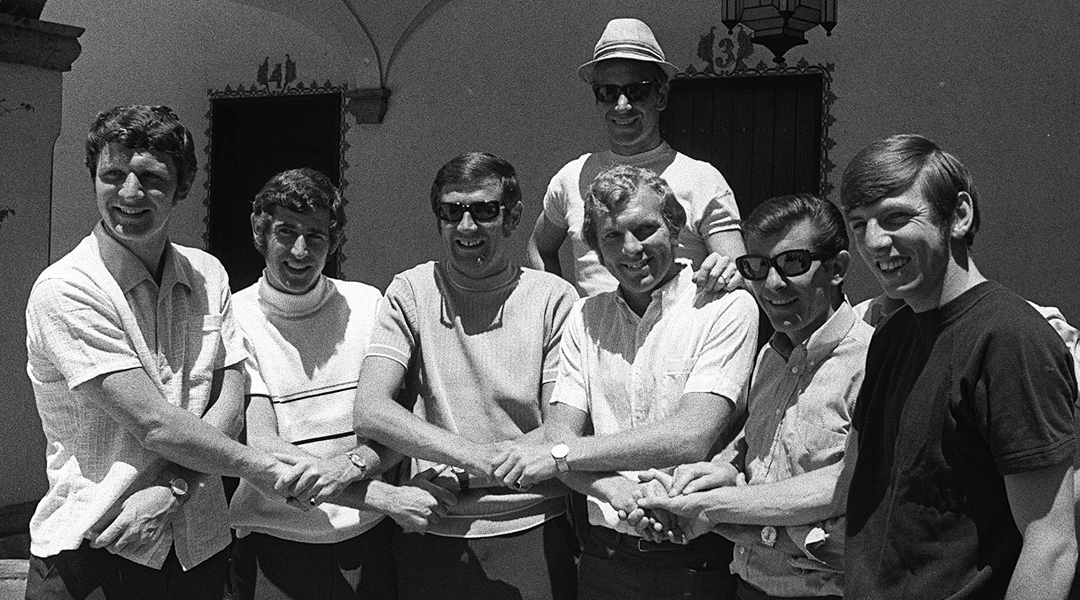
The following day, England’s bleary-eyed players lost 1-0 to the team that would go on to win the tournament and earn their place in history.
Speedy check-in
That same team, with a 17-year-old Pele in their ranks, had won their first global title in 1958 in Sweden – long after England had flown back home following a pleasant, if entirely fruitless, stay in another swanky city centre pad.
While the current England team will be in Repino six days before their crucial first match against Italy in Manaus, the vintage of 1958 barely had time to check into their luxurious Gothenburg residence before taking on Russia in their opening match of the tournament.
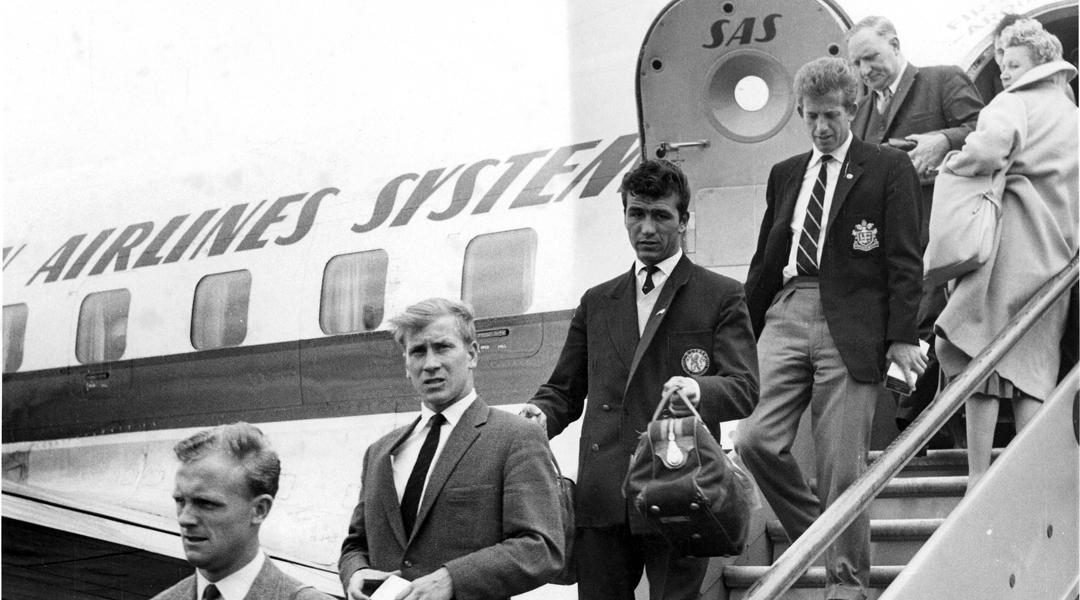
In his autobiography Ambassador at Large, George Raynor – who managed Sweden to the final 56 years ago – recalls with incredulity the attitude of the England side.
“They arrived in Sweden after everyone else – they flew from London to Gothenburg just 48 hours before their important first match against Russia – and they stayed in, of all places, one of the most luxurious hotels in Europe, Gothenburg’s Park Avenue,” he wrote. “It was such an amazing choice that England raised sniggers from every training camp in Sweden, and the team was dubbed ‘The Park Avenue Boys’."
Walter Winterbottom’s men were knocked out in the group stage after a 1-0 play-off defeat to Russia following three successive draws.
Before 2014, that was the last time England failed to make it out of the first group stage at a World Cup. Here’s hoping the class of 2018 don't follow their lead.
World Cup Wonderland: stories, interviews and more
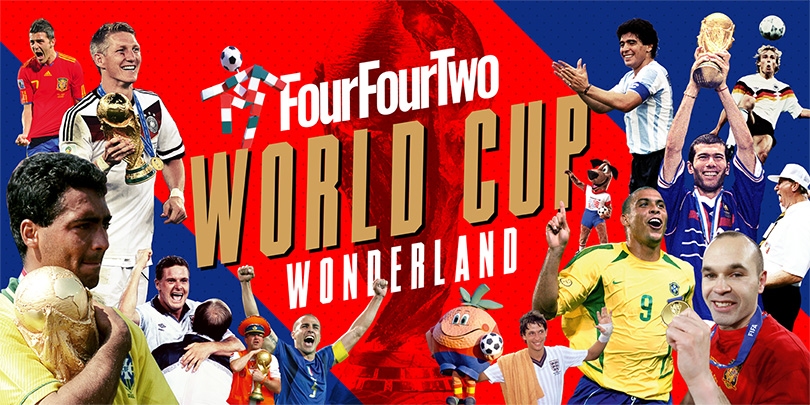
 Join The Club
Join The Club










